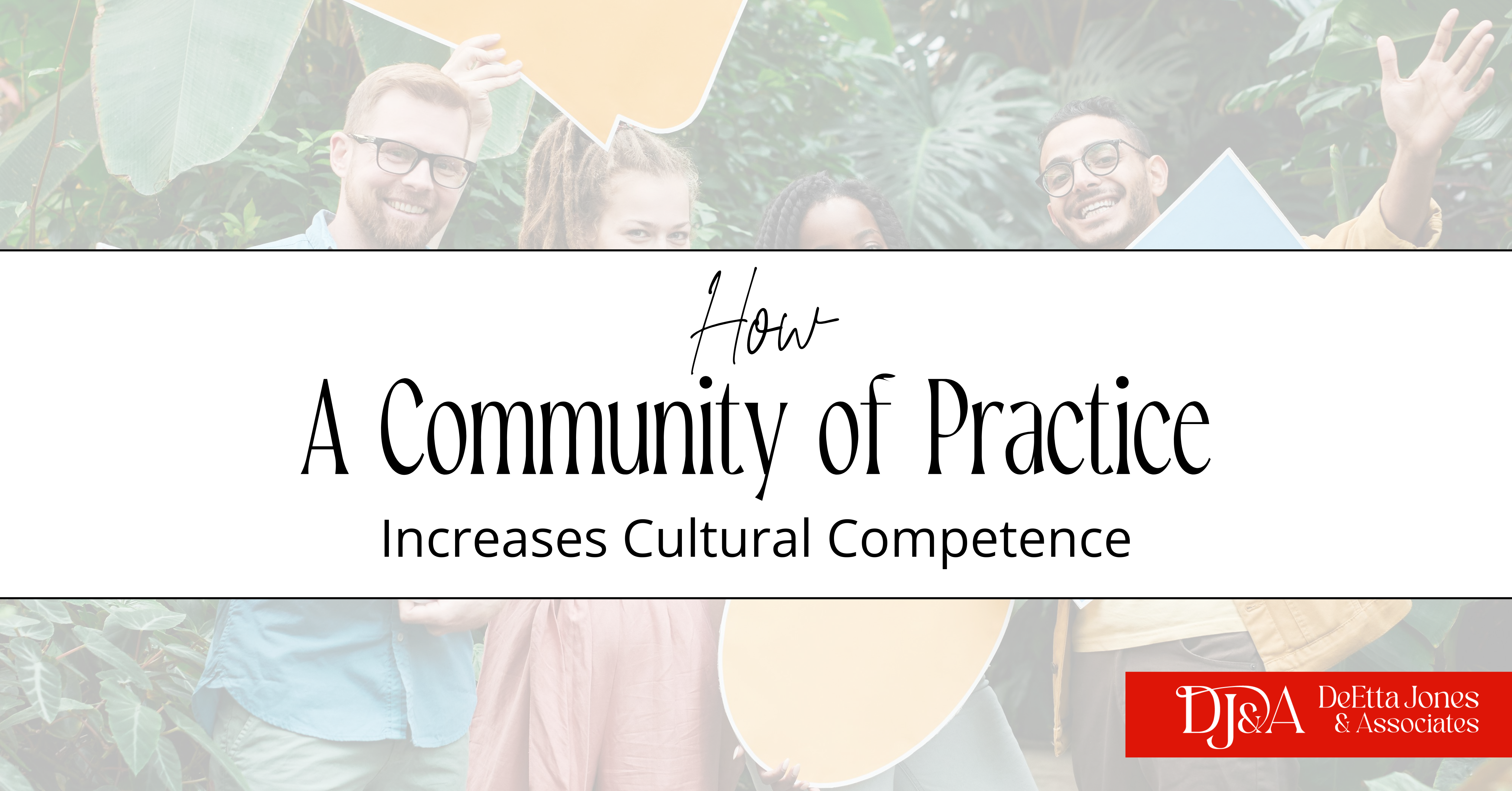Sesame Street.

(Moviestore/REX/Shutterstock |Copyright: Copyright (c) 1995 Shutterstock.)
Did you watch it?
Did your children watch it?
What comes to mind?
Perhaps you are picturing the store stocked with fresh fruits and vegetables, Mr. Hooper peering over his glasses, smiling, and waiting to welcome you. Or Bert and Ernie sitting in their armchairs? Or perhaps your mind goes to Oscar the Grouch in his trash can with Big Bird standing nearby, wing raised in a hello? You may also remember the Count counting bats to discover the number of the day.
.png?width=337&height=226&name=Count%20Von%20-%20(Photo%20by%20Maarten%20de%20BoerContour%20by%20Getty%20Images).png)
(Photo by Maarten de Boer/Contour by Getty Images)
Now, really pay attention to how you feel when you think about it. I know I am smiling as I type these words.
The memory of Sesame Street makes me feel safe like it was a place made just for me. It had a beautiful and fun diversity of people and characters, and they all played an important role in the community–a community of which I was a part. And because I belonged, I leaned into the lessons being taught. I counted out loud along with The Count. I sang my colors with Lena Horne and Kermit, and with Maria, I practiced pronouncing words in Spanish. I worried that the Cookie Monster would get a stomach ache and felt genuine concern when any of the characters felt scared.
It wasn’t just me, of course; to this day, Sesame Street is watched by almost half of all pre-school age children in the U.S., and local versions have been created in Brazil, Nigeria, Afghanistan, Indonesia, Kosovo, South Africa, China, Israel, and Norway. In the Peabody Award announcement, Sesame Street was described as launching in 1969 “with wide-eyed optimism and determination to make a difference. Structured on the belief that a kid's television show could help close an achievement gap in preparation for school, while also teaching kids about the values of diversity, mutual respect, and empathy.” Sesame Street remains one of the longest-running shows in the world. It has won 222 Emmy Awards and 11 Grammy Awards, more than any other children's show.
Think back to all those warm, safe feelings that came to mind when you thought of Sesame Street. Let’s take that feeling and infuse it into your workplace. Adults could use a place like Sesame Street, too.
Why? We all want to work for inclusive companies. But did you know that companies that prioritize and develop cultural competence gain a competitive edge by effectively navigating cultural differences and embracing diversity? For example, inclusive teams deliver 60% better results and make decisions two times faster, with half as many meetings.
When we learn, practice, and grow together, that’s how we create a culture of belonging that leads to success. A shared learning experience guarantees that an entire workforce has access to the same learning journey and opportunity to process and practice new skills in the context of their organization’s culture and priorities.
When an entire organization has the same foundation of knowledge, path to skill development, and agreed-upon values–aligned behaviors–you are impacting at the level of culture.
Our adult version of Sesame Street is our Community of Practice, constructed from the same core tenets–that we all want and need safe places–where we feel a genuine sense of belonging–to learn, explore, laugh, and practice. Our community is a destination with a variety of avenues; some are structured learning journeys for those who want a curated path, while others allow for self-paced and serendipitous discovery. This Community of Practice includes our Marias and Gordons, generous, diverse, and well-equipped guides who teach us, encourage us to lean in, acknowledge our “tries,” knowing that we won’t always get everything right the first time, and help us process our feelings and beliefs about complicated topics.
Our Community of Practice promotes and enables lifelong learning in working adults. Community members are acknowledged as whole people with diverse roles and expectations for different parts of our lives. For example, sometimes you might find yourself stuck, hyper-focused on working through a performance conversation with your direct report. In our community, you’ll find the tools for engaging in successful performance discussions in ways that engender healthy buy-in and accountability. Other times, you might feel on the edge of burnout, your own sense of emotional and mental well-being crying out for support. In our Community, coaches with expertise in mental health hold space for you providing actionable steps to take to make needed adjustments. Mostly, all of us just need a space that is free from hate, fighting, and polarization. We need a space that fills our cup emotionally and functionally where we can be engaged in learning and growth that is relevant to our real lives, relationships, and careers.
Learning at the cultural level of your organization is exactly the goal. The world we live in is changing in real time. There is so much to learn, practice, and figure out how to navigate together right now. Investing in building organization-wide cultural competence allows us to proactively and continuously work together to create and nurture what we want to have (rather than reacting to negative experiences) and experience more of (rather than focusing solely on what *not* to do) in our workplaces, and in the world. Like I said, we need a Sesame Street for adults now more than ever. CultureRoad is our version, our grown-up, practical, inviting space to learn, to stretch our imagination, and to pursue a shared path.
At CultureRoad, all paths lead to an inviting, engaged, and healthier future.
Join us,
DeEtta

